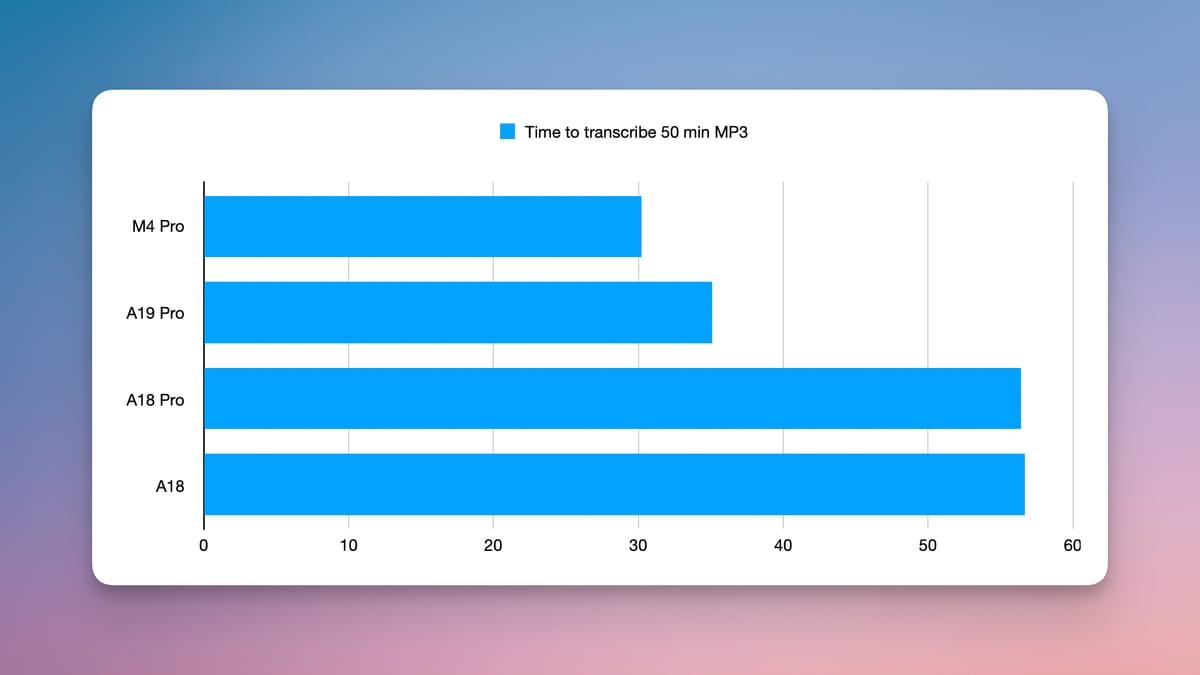by Talat Uyarer, BigQuery Core
The Apache Iceberg 1.10.0 release just dropped. I've been scrolling through the release notes and community analysis, and it's a dense, significant release. You can (and should) read the full release notes, but I want to pull out the "gradients" I see—the directions the community is pushing that signal what's next for the data lakehouse.
Next-Gen Engines Have Arrived
Let's jump straight to the headline news: next-generation engine support. Version 1.10.0 delivers deep, native optimizations for both Apache Spark and Apache Flink, ensuring Iceberg is ready for the future.
For Apache Spark users, the biggest news is full compatibility with the forthcoming Spark 4.0. The release also gets much smarter about table maintenance. The compute_partition_stats procedure now supports incremental refresh, eliminating wasteful recalculations by reusing existing stats and saving massive amounts of compute. For streaming, a critical fix for Spark Structured Streaming converts the maxRecordPerMicrobatch limit to a "soft cap," resolving a common production issue where a single large file could stall an entire data stream.
Apache Flink users get an equally massive upgrade with full Flink 2.0 support. This is accompanied by a new dynamic sink, which is a huge quality-of-life improvement. This feature dramatically streamlines streaming ingestion by automatically handling schema evolution from the input stream and propagating those changes directly to the Iceberg table. It even supports "fan-out" capabilities, letting it create new tables on the fly as new data types appear in the stream, removing a huge layer of operational friction.
Hardening the Core for Speed and Stability
Beyond the big engine updates, 1.10.0 is all about hardening the core for stability and speed. A key part of this is the growing adoption of Deletion Vectors. This V3 feature is now ready for prime time and radically improves the performance of row-level updates by avoiding costly read-modify-write operations.
Speaking of core logic, the compaction code for Spark and Flink has been refactored to share the same underlying logic. This is a fantastic sign of health—it means less duplicated effort, fewer divergent bugs, and a more stable core for everyone, regardless of your engine.
With deletion vectors leading the charge, the rest of the V3 spec is also moving from "on the horizon" to "ready to use." The spec itself is now officially "closed," and we're seeing its most powerful features land, like row lineage for fine-grained traceability and the new variant type for flexibly handling semi-structured data.
The REST Catalog is Ready for Prime Time
For me, the most significant strategic shift in this release is the battle-hardening of the REST Catalog. For years, the de facto standard was the clunky, monolithic Hive Metastore. The REST Catalog spec is the future — a simple, open HTTP protocol that finally decouples compute from metadata.
The 1.10.0 notes are full of REST improvements, but one is critical: a fix for the client that prevents retrying commits after 5xx server errors. This sounds boring, but it's not. When a commit call fails, it's impossible for the client to know if the mutation actually committed or not before the error. Retrying in that ambiguous state could lead to conflicting operations and potential table corruption. This fix is about making the REST standard stable enough for mission-critical production.
Google Cloud and the Open Lakehouse
This industry-wide standardization on a stable REST API is foundational to Google Cloud's BigLake strategy and where our new contributions come in. We're thrilled to have contributed two key features to the 1.10.0 release.
The first is native BigQuery Metastore Catalog support. This isn't just another Hive-compatible API; it's a native implementation that allows you to use the battle-tested, serverless, and globally-replicated BigQuery metadata service as your Iceberg catalog.
The second contribution is the new Google AuthManager. This plugs directly into the REST Catalog ecosystem, allowing Iceberg to authenticate using standard Google credentials. You can now point your open source Spark job (running on GKE, Dataproc, or anywhere) directly at your BigLake-managed tables via the open REST protocol, using standard Google auth.
This is the whole philosophy behind our BigLake REST Catalog. It's our fully-managed, open-standard implementation of the Iceberg REST protocol. This means you get a single source of truth, managing all your Iceberg tables with BigQuery's governance, fine-grained security, and metadata. It also means true interoperability, letting you use BigQuery to analyze your data, or open source Spark, Flink, and Trino to access the exact same tables via the open REST API. And critically, it means no lock-in—you're just talking to an open standard.
You can read more about our managed BigLake REST Catalog service here.
.png)





